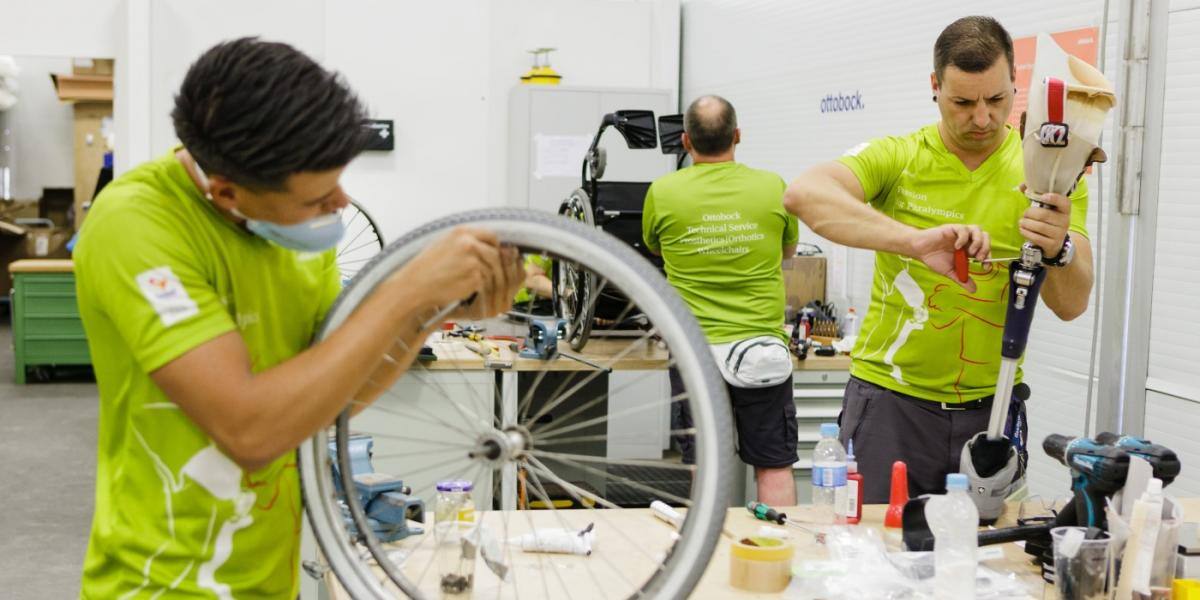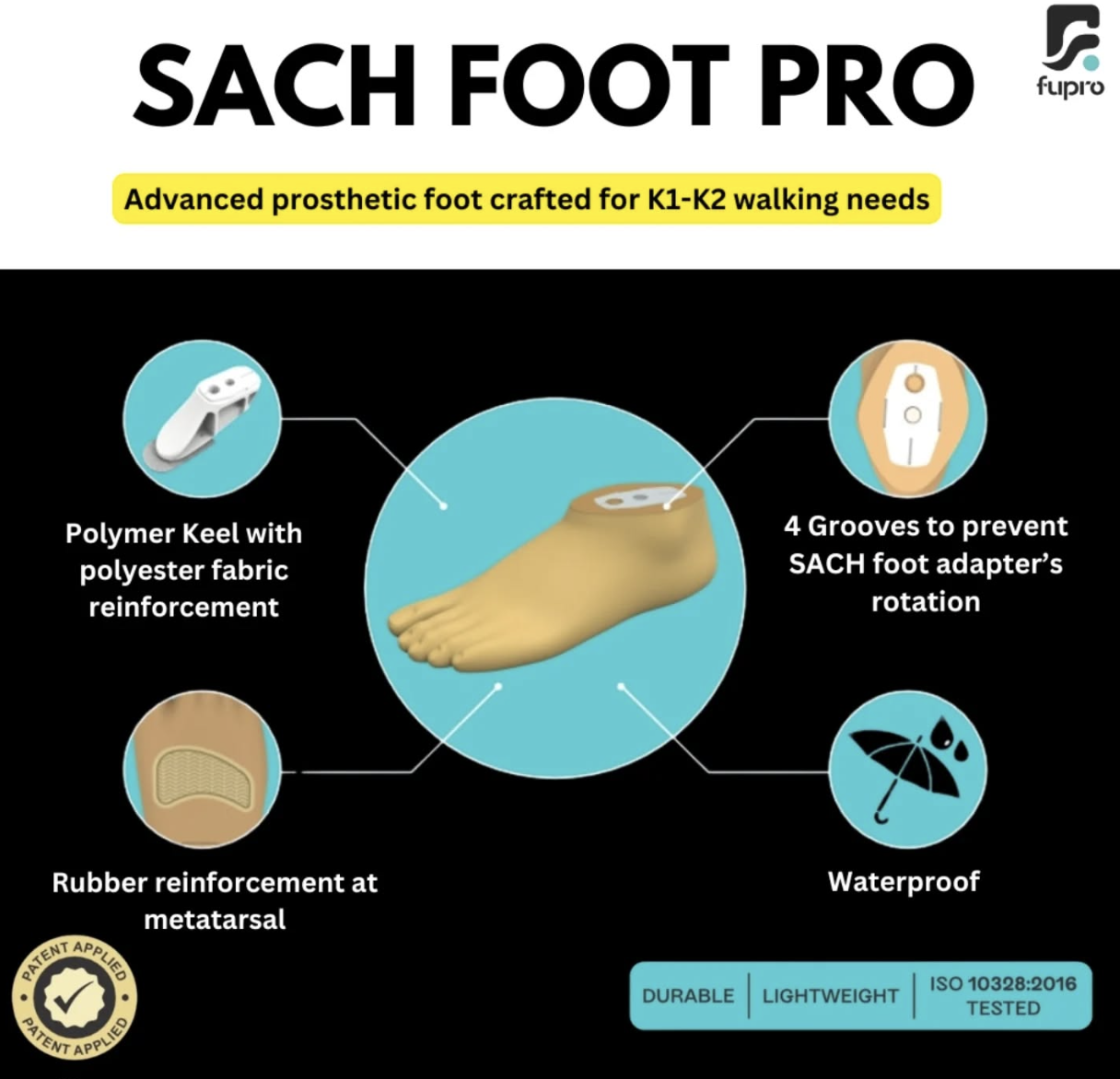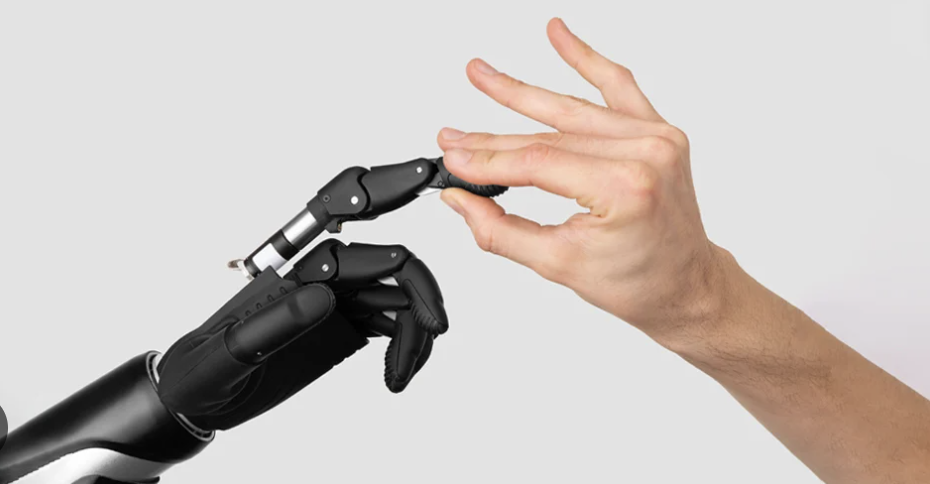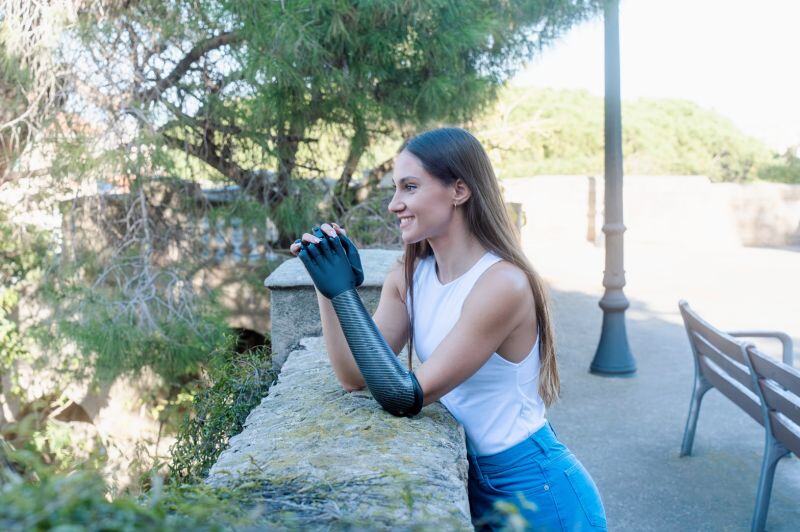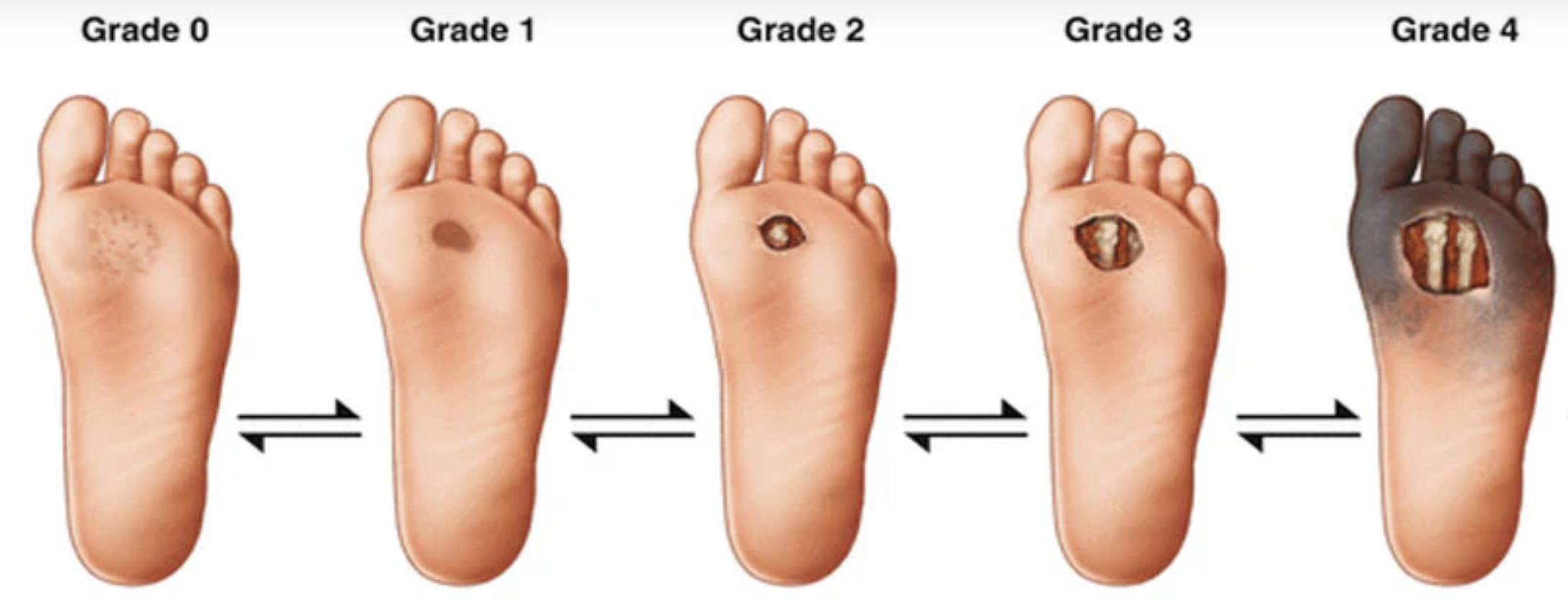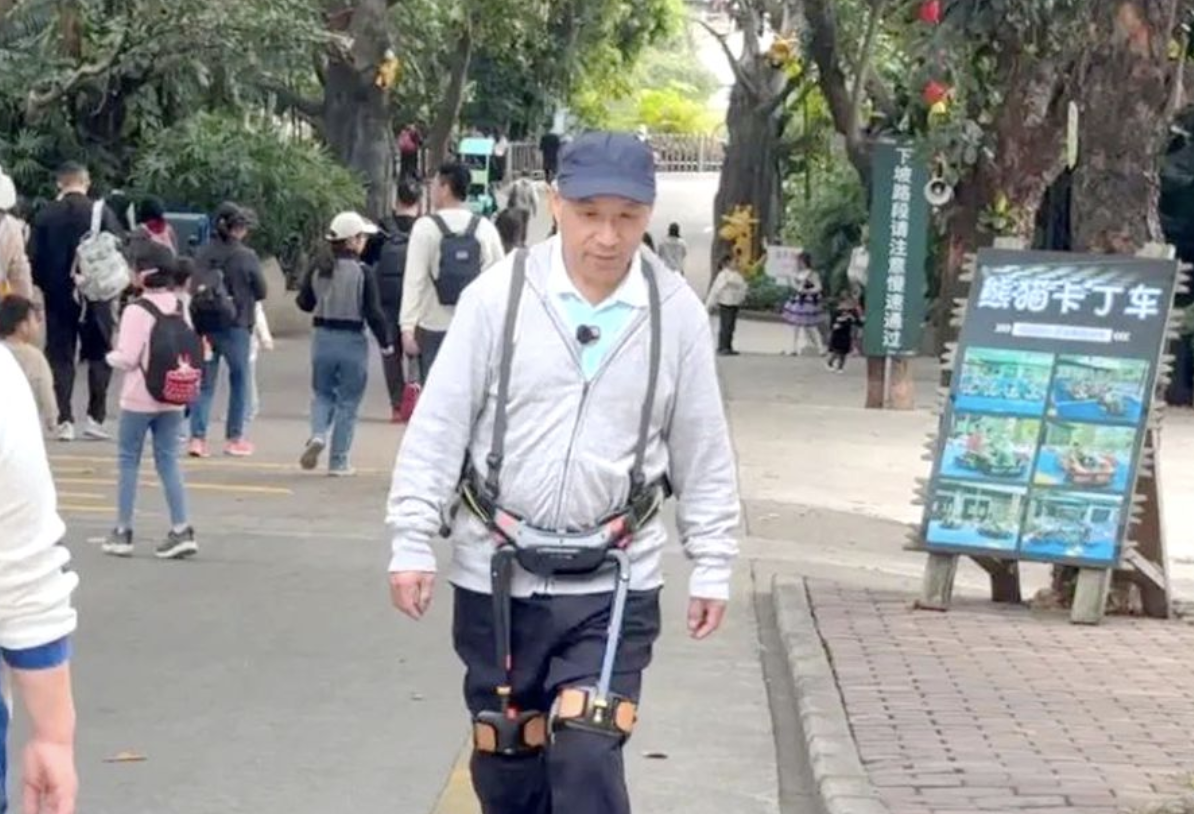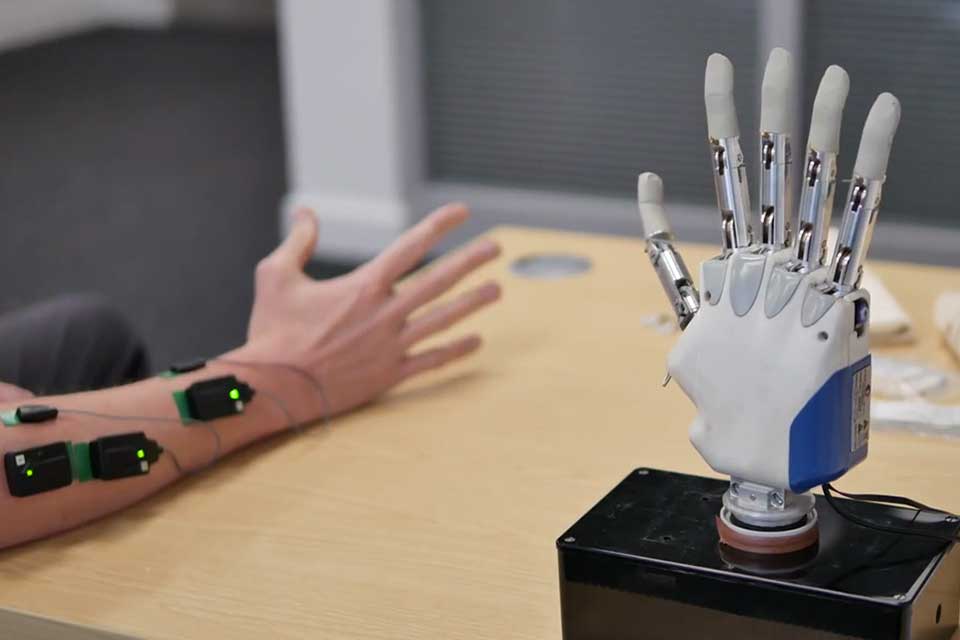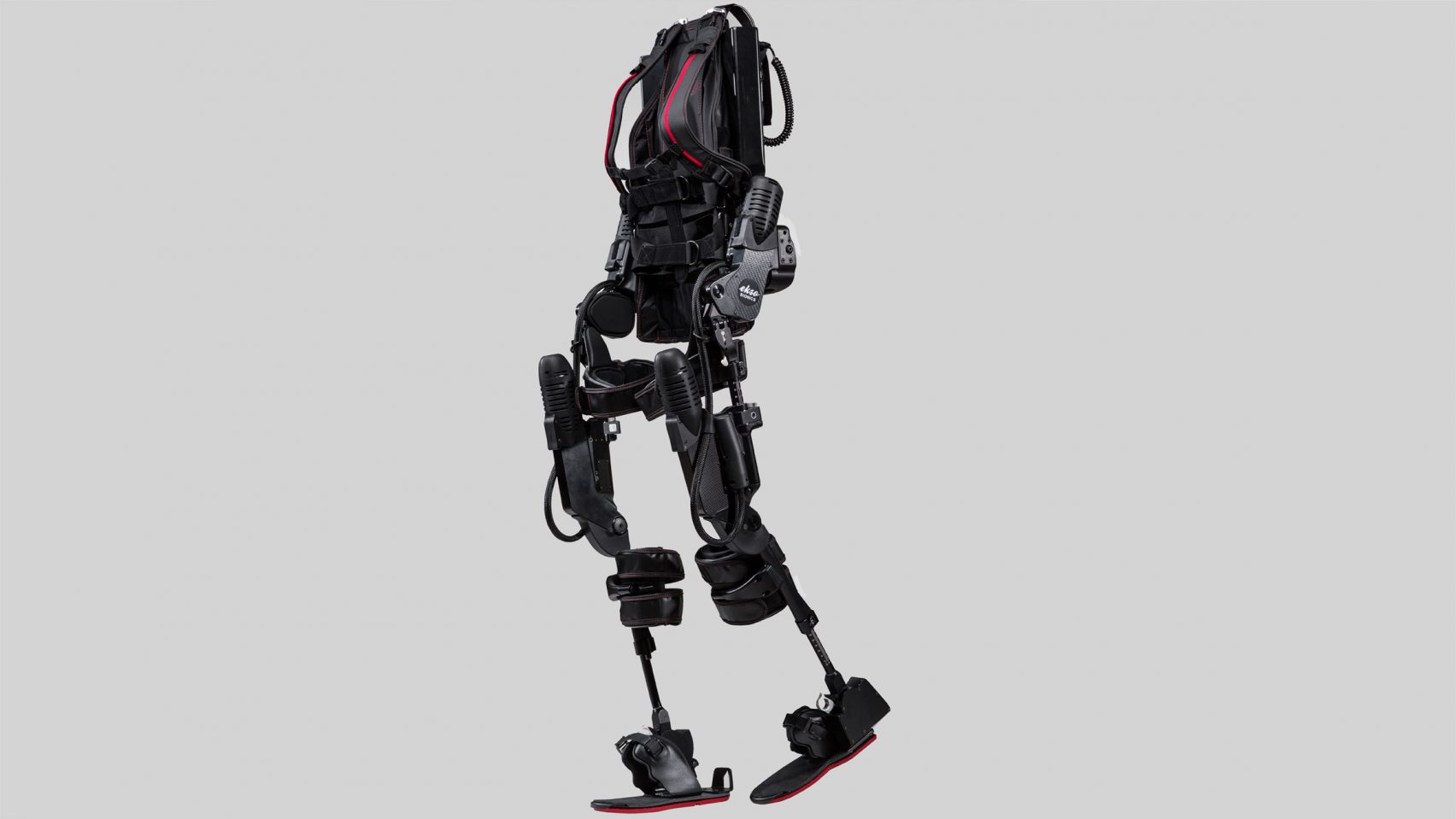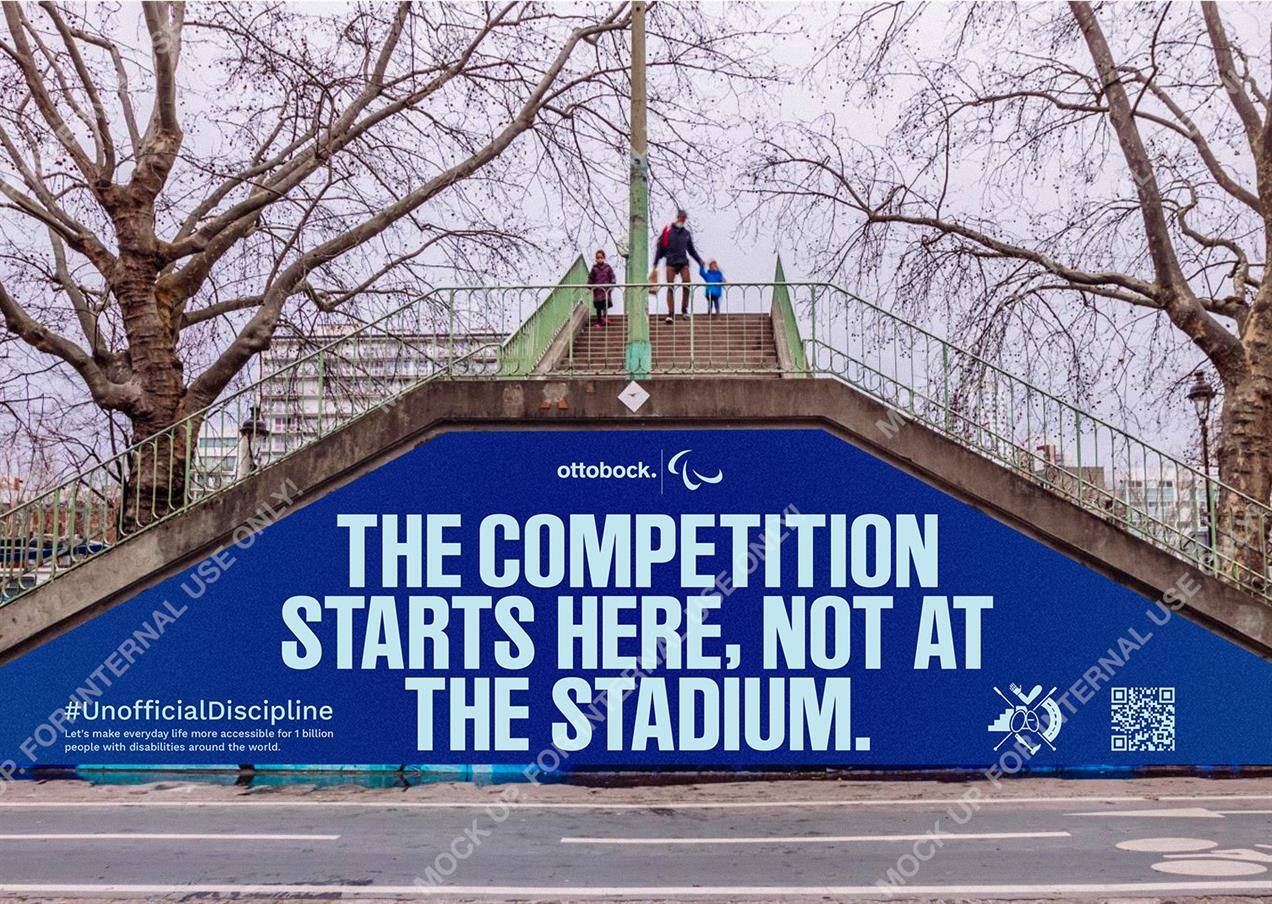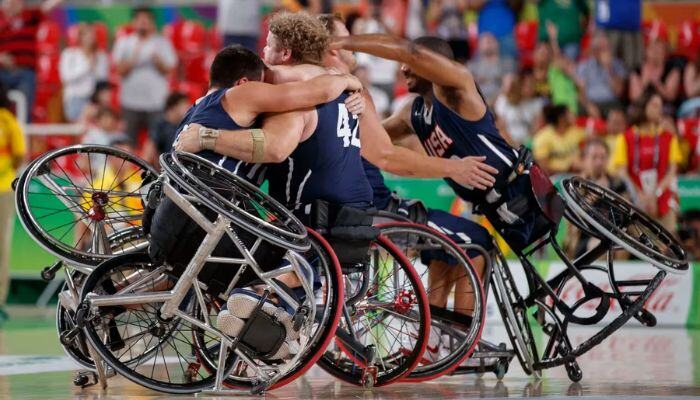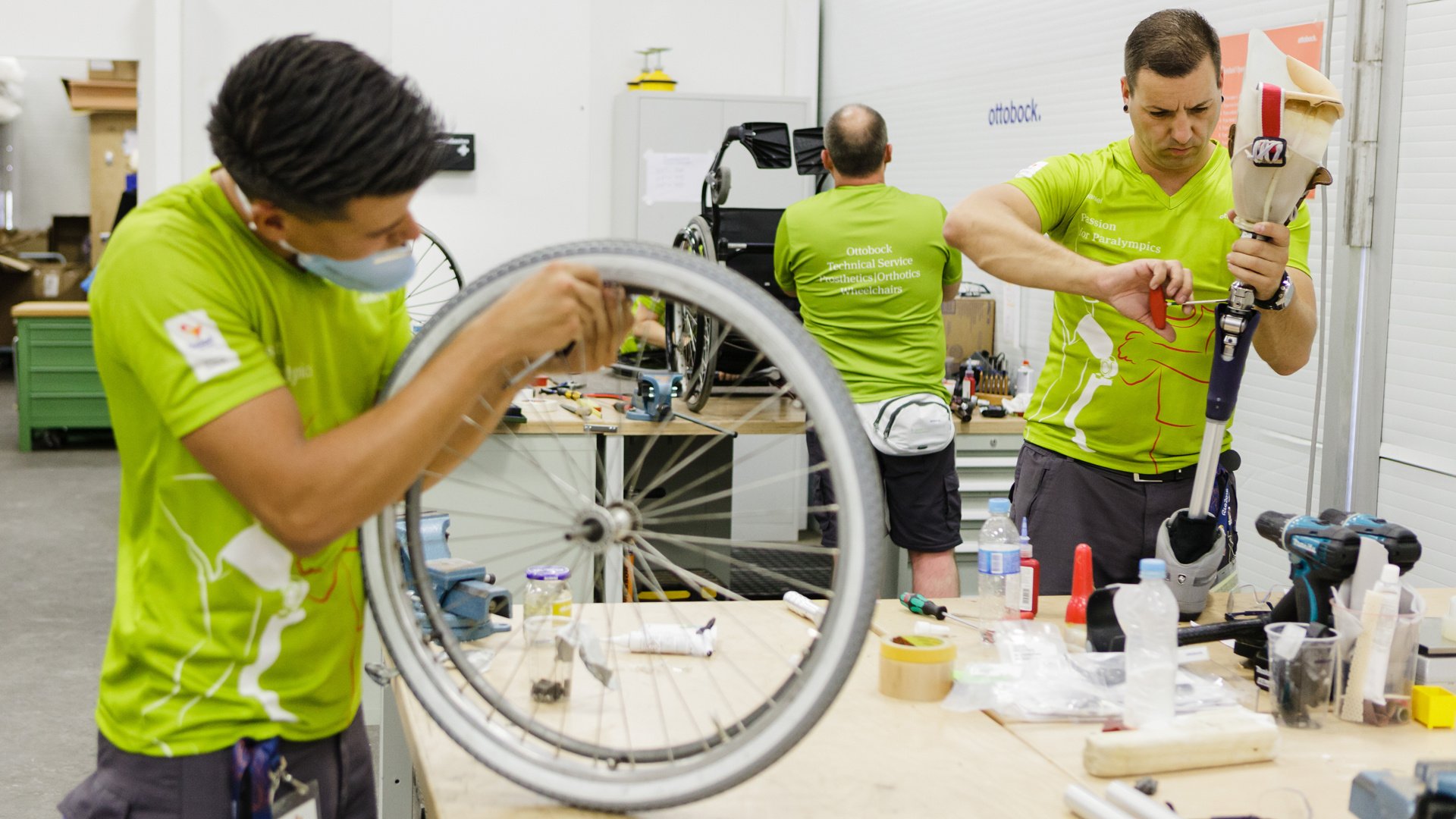As the world gathers for the Paris 2024 Paralympic Games, Ottobock is launching a symbolic new discipline.
In this "Unofficial Discipline," people with disabilities face involuntary challenges every day. It's about "competitions" in everyday life: broken elevators, missing ramps, stairs, cobblestones, narrow doors … as well as prejudices they have to overcome. Such challenges go unnoticed by most people, even though more than one billion people, which makes 16 percent of the global population, live with some form of disability.
“The Unofficial Discipline refers to the hurdles that people with disabilities must overcome daily. While the Paralympians compete in the stadium for medals, delivering top performances and breaking world records, they are also battling invisible obstacles and prejudices,” says Martin Böhm, Chief Experience Officer at Ottobock.
Raising awareness of these barriers
The Unofficial Discipline will be visible during Paris 2024 with a range of slogans on billboards, posters and video projections, led by creative studio PRESENCE.
Headlines like these are designed to attract public attention: Can we break the record for breaking barriers? / You can’t rise to the top in a broken elevator. / Inaccessibility won’t make it to the finish line. The subline and QR code invite to learn more about the mission to make everyday accessible. These campaign messages are strategically displayed around inaccessible places such as staircases, on Metro billboards as well as popular tourist attractions around the city.
In addition, more than 20 top Paralympic athletes and 50 brand ambassadors of Ottobock are bringing “The Unoffical Discipline” to life and into the digital world. Using the hashtag #UnofficialDiscipline, people from around the world are sharing their day-to-day challenges via Instagram and TikTok. They are encouraging their followers to share similar moments, thereby creating a social media movement.
“Our goal is to make everyone aware of the barriers that people with disabilities face in their everyday lives,” says Martin Böhm. “Paris is just the beginning. The campaign will soon be extended to other cities in Europe and the United States. We recognise that our mission to break down barriers is marathon, not a sprint.”
#UnofficialDiscipline
Nothing will stop Para athletes competing for medals in Paris in the stadium. However, like all people with disabilities, they face obstacles in their daily lives in their respective countries. The following athletes, among others, will share their own personal hurdles that they face daily:
Davide Morana
Davide Morana is an Italian Para athlete, best known for his sprinting achievements. Due to a rare form of meningitis, both his legs and arms had to be amputated. “In my daily routine, I have to consider and plan everything. Touch screens, for example, are time-consuming and tedious for me, and sometimes I use my nose for them.”
Samantha Kinghorn
Samantha Kinghorn from Great Britain won gold medals in Para athletics and competed in the 2016 and 2020 Paralympic Games. Her greatest challenge, however, is travelling in a wheelchair. “Trains are always the most difficult thing. I can't get on and off without help. I have to rely on someone to set up the ramp. I don’t think I’ll ever be able to rely on public transport in any country.”
Ezra Frech
For USA’s Ezra Frech, a world record holder in the Para athletics, the Unofficial Discipline begins in the bathroom. His left leg was amputated due to a congenital malformation as a child. “Jumping on one leg in the bathroom or shower can be dangerous. It’s easy for me to slip and fall, especially when the floor is wet.”
Léon Schäfer
Germany’s Léon Schäfer has won multiple world and European titles in the Para athletics. After being diagnosed with cancer and having his leg amputated in 2010, Léon was inspired by a Paralympian to take up athletics during his rehabilitation. “One of my hurdles in everyday life is getting a driving license as an amputee. The bureaucracy is incredibly exhausting and difficult.”
Desirée Vila Bargiela
Spanish Paralympic athlete Desirée Vila Bargiela is ranked among the top five long jumpers in the world. When she’s travelling, she can’t focus on the competition; instead, she has to spend a lot of time planning and feels uncertain about whether everything will work out. “Do the lifts actually work? Is there a shower at the hotel that I can comfortably use without my prosthesis? Everything requires more energy.”
Alessandro Ossola
Alessandro Ossola is an Italian Para athlete who specialises in sprints, particularly the 100 metres. His journey from traumatic accident to successful athlete is an inspiring story of overcoming adversity and excelling against the odds. Nevertheless, Alessandro worries about the future and the obstacles it may bring: “Today I can do everything with my prosthesis. But I wonder how the healthcare system will support me in the future.”
A competition that shouldn't be held
The new discipline isn't official, but it's real. It's not about medals or records, it's about real life. The competition takes place on the streets, in subways, offices and cafes around the world.
“The Unofficial Discipline is more than just a symbolic gesture. It is an appeal for change, a wake-up call for a more inclusive world so that people with disabilities can live their lives as they choose,” says Martin Böhm. “We can only win in this discipline if we work together to put an end to it.”
More information can be found on the campaign website and in the campaign film.
